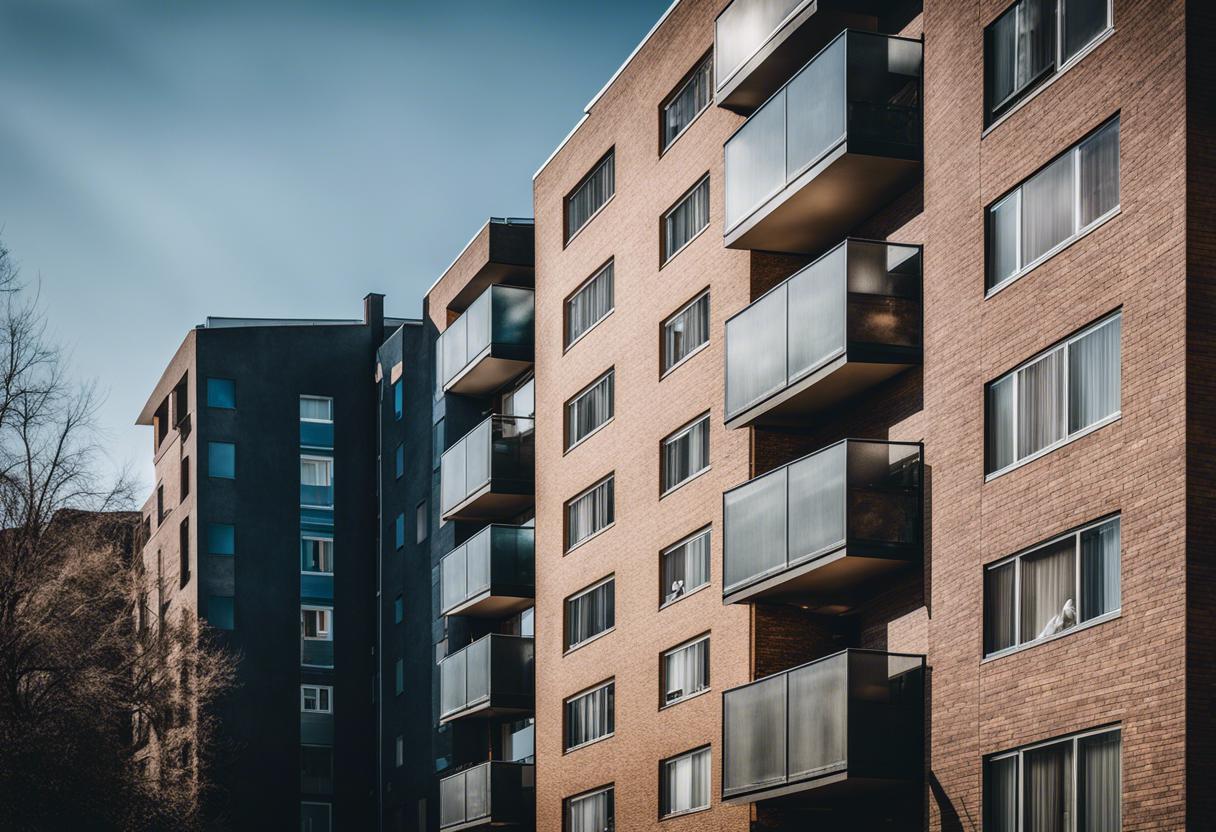A housing charity has highlighted the issue of landlords unjustly applying additional cleaning charges and ignoring tenants whose deposits have been illegally withheld. The Residential Tenancies Board (RTB) recorded over 1,600 disputes last year, and from 2019 onward, around 6,580 households have lodged complaints about deposit retention with the RTB.
The number of grievances has progressively climbed since the 1,093 disputes recorded in 2021. It reached 1,207 disputes in 2022 and then rose to 1,606 in the last year. While the results of all these disagreements are not disclosed, of the 121 determination orders issued in relation to deposit retention in 2021, 69 per cent were reimbursed in full, 25 per cent received a partial refund, and the rest did not receive any refund.
Rental arrears accounted for most of the disagreements reported to the RTB in the previous year, totaling 2,973. This was trailed by 1,667 disputes over a violation of the landlord’s obligations, and 1,606 deposit retention disputes.
In 2023, Threshold, a housing charity, was approached by around 744 households seeking help over deposit retention. Out of these, 304 households obtained a full refund after intervention while 44 did not. There are currently 103 unresolved cases and the outcomes of 451 cases remain uncertain.
John-Mark McCafferty, Threshold’s CEO, stated that deposit retention is one of the main issues faced by tenants requesting assistance. He stated that landlords often charge for supposed damages and cleaning, claiming that the property was “filthy”, even though tenants refuted these claims. It is also common for landlords to “ghost” tenants by neglecting to respond to their emails or phone calls.
He pointed out that landlords will typically contend that the property has suffered damages that exceed normal wear and tear, and often identify issues such as dampness and mould. These are typically due to poor property ventilation, an issue usually left unaddressed by landlords.
The charity has long been advocating for a deposit-protection programme where the deposits would be independently held, criticising the present system as “unfit for purpose”.
The proposed plan aims to resolve a persisting issue where tenants hardly receive their deposits in time to secure a new lease, said Mr McCafferty, highlighting that under this system, the retained deposit could be transferred from one tenancy to another. He outlined one of the significant challenges in an oversubscribed market with limited supply as finding a new lease, particularly when many landlords are selling off their properties.
A substantial number of renters, he said, lack the necessary savings for a new deposit and hence depend on their existing deposit. Mr McCafferty shared that it is common for tenants to have to resort to enforcement procedures in order to get their deposits back, even with the RTB ruling in their favour. This leads to tenants facing massive delays before finally getting their deposit in incremental amounts.
Mr McCafferty also said that the proposed scheme could be advantageous for landlords, eliminating the need for them to source funds to return a deposit upon termination of a tenancy. He added that tenants, particularly migrants are vulnerable when landlords fail to meet their responsibilities, possibly due to an absence of knowledge about their rights. This has led to them not reporting these issues to Threshold or the RTB.
He further added that despite the approval of laws for a deposit-protection arrangement in 2015, they have yet to be rolled out.

